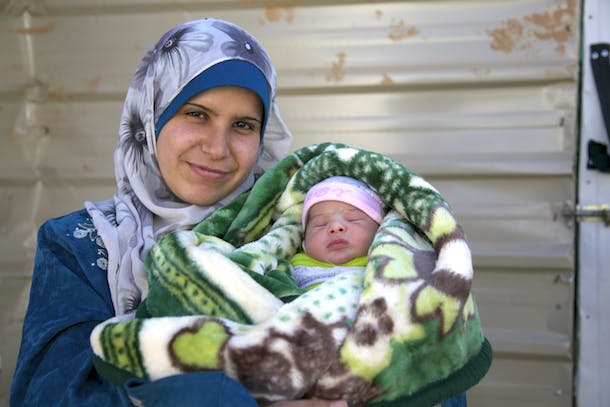
By David Ray, VP for Policy & Advocacy for CARE USA and Managing Director of CARE Action Now
The global humanitarian and development community has been faced with several significant challenges in recent months that impact our shared mission to eradicate poverty, alleviate suffering, and promote social justice. In addition to serious threats to the U.S. foreign assistance budget and the State Department’s decision to immediately cut off funding to the United Nations Population Fund (UNFPA), we were hit earlier this month by a terrible shock – the sudden death of UNFPA’s Executive Director Dr. Babatunde Osotimehin.
Tragedy and grief must serve to strengthen our resolve to carry on his inspiring personal legacy. Babatunde was a steadfast defender of the rights of women and girls to control their own reproductive health and create futures of their own design. His mission aligned directly with CARE’s, and in his honor, we are more determined than ever to stand up for the rights, resources, and opportunities that poor women need to build a better life for themselves, their families, and their communities.
UNFPA provides critical services, like voluntary family planning, midwife training, prenatal care, and safe childbirth, and is working to end child marriage and female genital mutilation in more than 150 countries. They’re often the first, and in some cases, the only, health provider in humanitarian crises.
Their work has made a profound difference in recent decades. In fact, we’ve seen a 43% reduction in worldwide maternal deaths since 1990, and over the past 20 years, the lives of 100 million children under age 5 have been saved. Simply put: The health care interventions funded through UNFPA have played a huge part in this dramatic progress.
And yet, with the U.S. government’s decision to defund UNFPA, their indispensable work is under threat. The withdrawal of U.S. support threatens decades of progress on reproductive, maternal, and child health, with increased risks of unintended pregnancies, unsafe abortions, and maternal and newborn deaths – especially in refugee settings and areas of conflict, famine, drought, and other natural and man-made disasters.
For more than 70 years, CARE has provided development and humanitarian assistance in more than 100 countries around the globe. And one thing we have learned is this: When U.S. policy restricts access to global health services, vulnerable women and children suffer the most. This is especially true during humanitarian crises. In areas of conflict and displacement, women are extremely vulnerable to increased incidences of violence and sexual assault.
At CARE, we remain more committed than ever to ensuring the U.S. does not abandon those who are most vulnerable. We mourn Babatunde’s passing, and we carry on with our shared mission to bring about a world where all women receive the specialized care they need to decide if and when to have children, and where every pregnancy is safe and every child is healthy.
[Photo: Patrick Adams]



 View All Blog Posts
View All Blog Posts